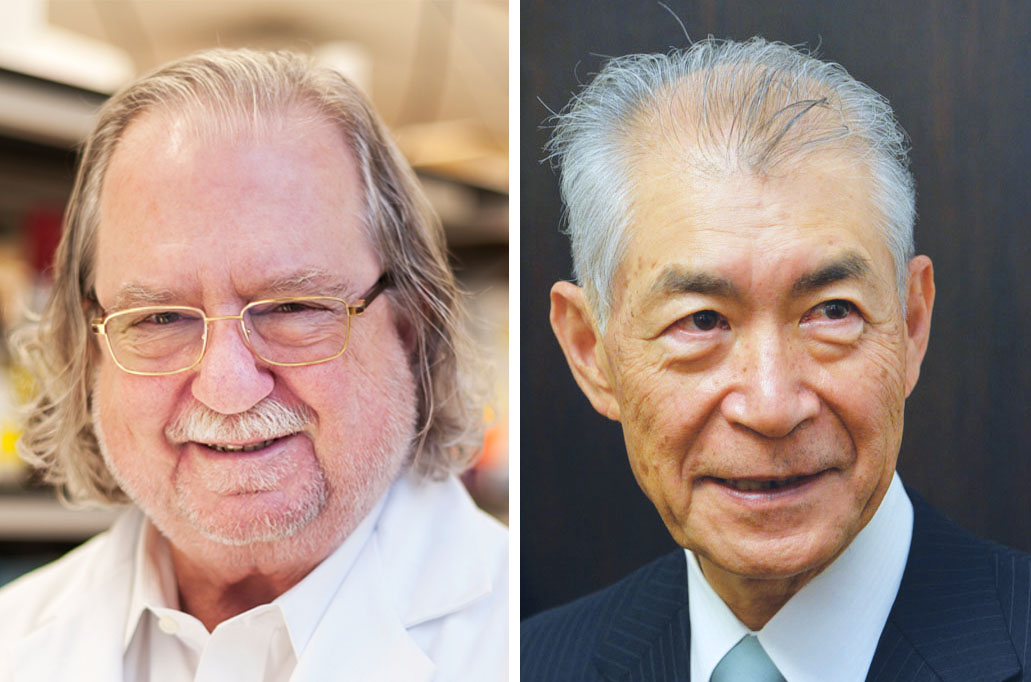We are all familiar with the story behind the world’s most prestigious award: the Nobel Prize. Since 1901, it has been awarded annually, in accordance with the will of the renowned Alfred Nobel, to renowned individuals and organizations for their valuable contributions to the welfare of mankind in six categories: Physics, Chemistry, Physiology or Medicine, Literature, Peace, and Economic Sciences.
In 2018, Professor James P. Allison and Professor Tasuku Honjo were jointly granted the Nobel Prize in Physiology or Medicine for their hallmark achievement in developing a non-conventional cure for cancer, the deadly disease that has claimed so many lives. They discovered a “cancer therapy by inhibition of negative immune regulation” the two scientists worked in parallel, trying to unleash the inherent ability of our immune system to attack tumor cells.
Now, let us investigate how the treatment works. First, it is important to know how our immune system works. Our immune system is an intricate and a highly complex system; it is developed in a way that makes it fierce on viruses and bacteria. In other words, it attacks foreign bodies because it identifies them as enemies that pose a threat to our health and wellbeing; however, it does not attack our bodies because it can tell that these cells are friendly and pose no threat. Cancer cells, unfortunately, arise from normal body cells; they become mutated, but our immune systems still recognize them as friends. That is why our immune system is helpless when it comes to cancer.
This is where Allison and Honjo come to the rescue. They discovered the checkpoint proteins that stop our immunity system; more precisely, our T cells—a subtype of white blood cells—from attacking tumors. Allison found the CLTA-4 checkpoint protein and Honjo discovered the PD-1 checkpoint protein. Their discoveries led to the creation of a new type of drug that manipulates the immune system. As such, the new treatment stops checkpoint proteins from carrying out their work, and is hence known as the “checkpoint inhibitor”. Consequently, it unleashes the immune system to attack cancer cells in the same manner that it attacks any other bacteria or virus.
Allison says the immune system has brakes that prevent it from attacking cancer cells; what he did was disable those brakes. For now, the checkpoint inhibitors are used for treating certain cancers, such as lung cancer, kidney cancer, melanoma, etc. In 2015, former President of USA, Jimmy Carter, was cured of cancer using a checkpoint inhibitor known as Keytruda; he underwent surgery and radiation as well.

Although Allison and Honjo’s discovery is a huge step that gives hope to many people, it must be noted that checkpoint inhibitors are not suitable for everyone; sometimes they even cause adverse side effects. Research is ongoing and there is more yet to discover in the journey to cure cancer.
References
nobelprize.org
time.com
wired.co.uk